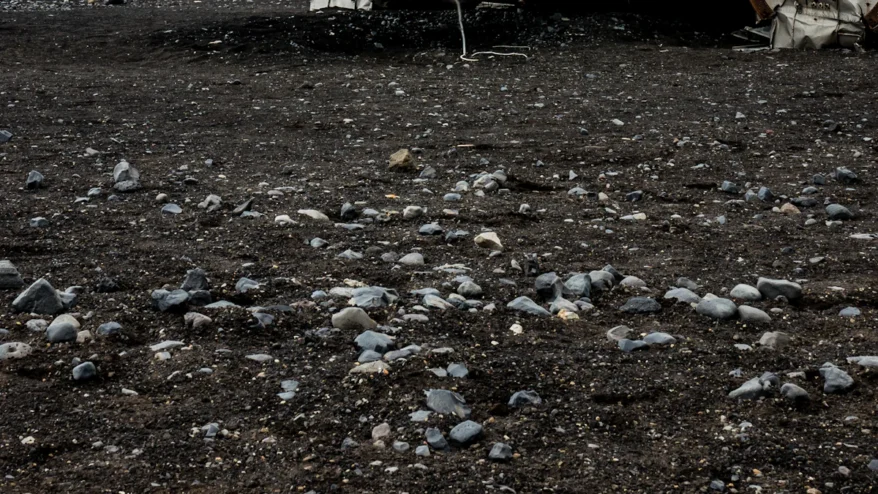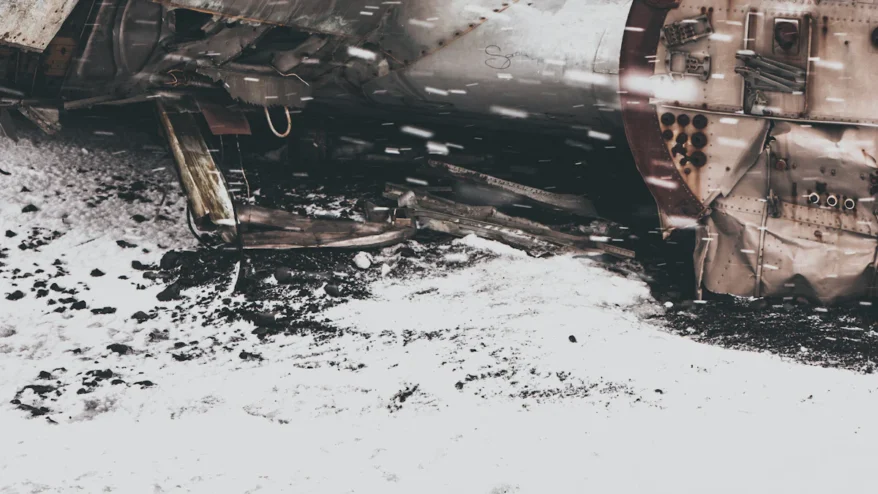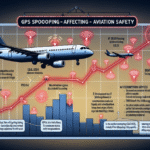3 Key Facts About France Fighter Jets Crashes
The Dassault Rafael stands as a pinnacle of modern military aviation. Introduced in 2001, this supersonic fighter jet has redefined versatility and reliability. Capable of executing air superiority, ground attack, and reconnaissance missions, the Rafael operates seamlessly in challenging environments. France fighter jets like the Rafael have experienced minimal accidents, with only two crashes reported since its debut. This exceptional safety record underscores the aircraft’s engineering excellence and the rigorous training protocols for its operators.
The Rarity of Rafael Fighter Jet Crashes
Historical Reliability
Low Number of Crashes
The Dassault Rafael has maintained an exceptional safety record since its introduction. Only two crashes occurred before the recent incident. This low number of crashes highlights the aircraft’s reliability. France fighter jets like the Rafael demonstrate superior engineering and operational excellence.
Engineering Excellence
The Rafael’s design emphasizes durability and performance. No structural parts required replacement after 4,500 flight hours. This fact underscores the robustness of the airframe and the effectiveness of the maintenance concept. The engineering excellence of the Rafael contributes significantly to its low accident rate.
Comparison with Other Fighter Jets
Crash Statistics
When compared to other latest-generation aircraft, the Rafael stands out. France fighter jets have a remarkable safety record. The Rafael is the only aircraft in its class without accidents due to technical reasons over a comparable period. This distinction places the Rafael in a league of its own regarding crash statistics.
Reliability Records
The reliability of the Rafael surpasses many of its contemporaries. France fighter jets like the Rafael showcase advanced technology and meticulous craftsmanship. The aircraft’s reliability records reflect the high standards of French military aviation. These records affirm the Rafael’s position as a premier choice for air defense.
Details of Recent Rafael Crash

Circumstances of the Incident
Location and Date
The recent Rafael crash occurred in northeastern France on August 14, 2024. The incident took place near Colombey-les-Belles, a town known for its military significance. The crash happened during a training mission on a return flight from Germany. The date of the incident was marked by tragedy as it involved a mid-air collision.
Pilot and Crew Information
Two pilots lost their lives in the crash. Capt Sebastien Mabire and Lt Matthis Laurens were aboard a two-seater Rafale B aircraft. Both pilots were highly trained and experienced. A third pilot, flying a single-seat Rafael C jet, managed to eject and survived with minor injuries. The French Ministry of the Armed Forces confirmed the identities and roles of the pilots involved.
Ongoing Investigation
Preliminary Findings
The French Ministry of Defense has launched an investigation into the accident. Initial reports indicate that the collision occurred during a combat maneuver. The crash resulted from a mid-air collision between two Rafael fighter jets. The investigation aims to determine the exact sequence of events leading to the crash.
Potential Causes
Several factors are under consideration in the investigation. The inquiry will examine possible technical failures and human errors. Weather conditions at the time of the incident will also be assessed. The investigation seeks to identify any procedural lapses during the training mission. The findings will help improve safety protocols for future missions.
Implications of Rafael Fighter Jet Crashes
Inherent Risks of Military Aviation
Training Protocols
Military aviation involves rigorous training protocols. France fighter jets like the Dassault Rafael require extensive pilot preparation. Training programs emphasize both theoretical knowledge and practical skills. Pilots undergo simulations to practice emergency procedures. These simulations help pilots respond effectively during real-life scenarios. The French Air Force continually updates training protocols to enhance safety.
Safety Measures
Safety measures play a crucial role in military aviation. France fighter jets incorporate advanced safety features. Engineers design the Rafael with multiple redundancies to prevent failures. Regular maintenance checks ensure that all systems function optimally. Pilots follow strict pre-flight and post-flight inspection routines. These measures aim to minimize risks associated with military aviation.
Impact on International Defense Partnerships
Diplomatic Repercussions
Crashes involving France fighter jets can affect international relations. Diplomatic repercussions may arise from such incidents. Partner nations might reassess their defense agreements with France. Transparency in investigations helps maintain trust between countries. France’s commitment to addressing safety concerns reassures its allies.
Future Collaborations
Future collaborations depend on the reliability of France fighter jets. Countries consider the safety records of aircraft before making purchases. The Rafael’s low accident rate strengthens France’s position in the defense market. Ongoing improvements in safety protocols enhance the appeal of the Rafael. France continues to foster strong defense partnerships through technological excellence.
The Dassault Rafael has proven its reliability with an exceptional safety record. Only two crashes have occurred since its introduction in 2001. The aircraft’s engineering excellence and rigorous training protocols contribute to this rarity. The Rafael remains a cornerstone of modern military aviation, showcasing advanced technology and operational excellence. Despite the inherent risks of military aviation, the Rafael’s low accident rate underscores its importance. The implications of crashes extend beyond immediate loss, affecting international defense partnerships. The Rafael continues to exemplify France’s commitment to aerial combat technology and safety.
For more intriguing insights into other STEM-related topics, visit ENTECH Online. Explore our digital magazine dedicated to inspiring teenagers and young adults to pursue their passions in science, technology, engineering, and mathematics.






